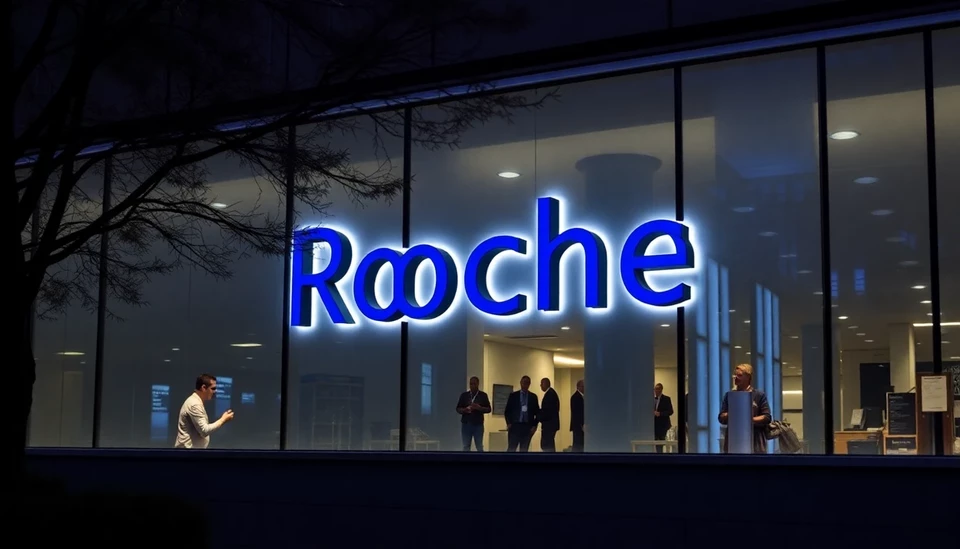
In a significant display of commitment to diversity and inclusion, the chief executives of JPMorgan Chase & Co. and Goldman Sachs have firmly resisted growing pressures to scale back their companies' Diversity, Equity, and Inclusion (DEI) initiatives. This comes amid a wave of criticism and scrutiny targeting corporate America from various political fronts, particularly with the rise of certain conservative groups advocating for a rollback of such programs.
Jamie Dimon, CEO of JPMorgan, and David Solomon, his counterpart at Goldman Sachs, have both voiced their strong opposition to the idea of diminishing DEI efforts within their firms. During a recent conference, Dimon emphasized that diversity is a key strength and an essential factor in driving innovation and ensuring long-term success. "We believe that diverse teams lead to better decisions and outcomes. Our commitment to these programs is unwavering," he stated, underscoring the intrinsic value that diverse perspectives bring to the business landscape.
Meanwhile, Solomon has reiterated his support for Goldman Sachs' DEI frameworks, which are designed to foster a more inclusive workplace. He described the initiatives as vital for harnessing talent from a broader range of backgrounds, thus equipping the firm to understand and serve its diverse client base more effectively. Solomon cited various programs aimed at recruiting underrepresented groups and nurturing inclusive leadership as crucial strategies that the firm will continue to prioritize.
The backdrop of these executives' statements is a larger societal debate regarding the effectiveness and appropriateness of corporate DEI efforts. Critics argue that such programs may perpetuate a form of reverse discrimination, suggesting they prioritize race or gender over merit. However, the leaders of JPMorgan and Goldman Sachs contend that the long-term benefits of a diverse workforce far outweigh the short-term challenges. They advocate that embracing diversity is not just a moral imperative but also a key business strategy that leads to superior performance.
This ongoing pushback against the dismantling of DEI programs reflects a broader trend among corporate leaders who are increasingly daring to take a stand on social issues. Many in the financial services industry believe that their reputations and employees' morale are tied to their commitment to inclusivity. As a result, several companies are doubling down on their DEI programs despite external pressures, fostering an environment where diverse talents can thrive.
Dimon and Solomon's decision to maintain their DEI commitments signals an important shift in corporate governance, where leaders are prioritizing value-driven perspectives over political pressure. Their stance not only reinforces a commitment to creating a more equitable workplace but also sets a precedent for businesses across industries to follow suit in the face of criticism.
As the debate continues, it remains to be seen how corporate America will navigate these complex dynamics of diversity, equity, and inclusion moving forward. The outcomes will likely influence not only business practices but also societal perceptions surrounding equity in the workplace.
#DiversityEquityInclusion #CorporateResponsibility #JPMorgan #GoldmanSachs #Leadership #WorkplaceEquality #BusinessStrategy #SocialIssues
Author: John Harris




